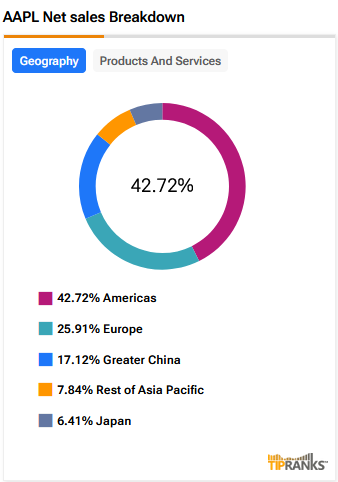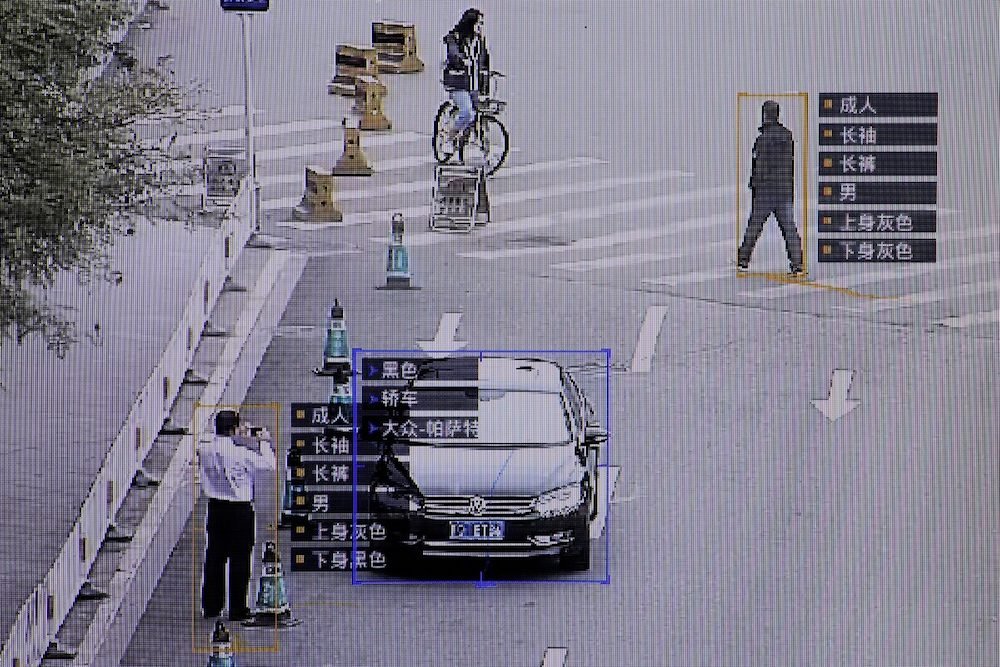A US ban on advanced AI chip exports has supercharged China’s chip stocks, sending investors piling into homegrown players. The stock boom has gotten so intense that at least one company warned its share price may be divorced from reality.
The rally was first sparked by the breakout of cheap AI model DeepSeek early this year and picked up speed after Washington’s chip restrictions opened more room for domestic competitors.
“It essentially gives them a bigger market to address, given the absence of Nvidia,” Ray Wang, the research director for semiconductors and emerging technology at Futurum Group, told Business Insider.
Despite China’s yearslong property crisis and a trade war with the US, the Hang Seng Tech Index has surged 67% in 2025, reversing years of weakness following Beijing’s tech crackdown.
The bull market comes as China — the world’s largest chip importer — has been “doing more with less,” wrote Deutsche Bank analysts in a September 2 note.
The analysts pointed to DeepSeek, which was built using cheaper chips at a fraction of the cost, and noted reports that Chinese firms have accessed some high-end chips through back doors.
“Critically, it has been developing (inferior but improving) chips of its own to reduce its dependence on the US and potential exposure to security risks from US chips,” the analysts added.
That drive for AI self-reliance was underscored this earnings season. Chinese AI chipmaker Cambricon posted blockbuster results and Alibaba’s reported strong AI and cloud growth, putting China’s tech sector back in the spotlight.
“Despite the US export bans, China is a large player in AI hardware manufacturing and has been promoting a localization strategy,” wrote Winnie Wu, the cohead of China equity research and chief China equity strategist at BofA Global Research, in a September 4 report.
Wu added that China is the global runner-up in AI after the US and is competing across “nearly every level of the supply chain.”
Related stories

Business Insider tells the innovative stories you want to know

Business Insider tells the innovative stories you want to know
Cambricon’s breakout
A significant beneficiary of China’s tech rally has been Beijing-based Cambricon, whose revenue surged a staggering 4,300% to 2.88 billion Chinese yuan, or $403.3 million, in the first half of 2025. Its Shanghai-listed stock has nearly doubled this year, lifting its market value to 536 billion yuan.
“Cambricon’s value reflects not only current performance but also its future potential from an investor’s perspective, because right now its top competitor, Nvidia, is limited in China due to export controls,” said Wang.
Cambricon’s shares have risen more than sevenfold over the past five years. Investors took notice when it turned profitable in the fourth quarter of 2024 after years of losses.
The stock’s rally has been so intense that Cambricon warned on August 28 of investment risks after its stock surged more than 130% in a single month.
“There is a risk that stock prices will deviate from current fundamentals,” the company wrote in the announcement.
Other Chinese chip stocks are soaring too: SMIC is up 83% this year, while Hua Hong Semiconductor has surged 118%.
China’s AI stock rally may be overheating, wrote BofA’s Wu.
Big Tech joins the rally
The boom isn’t confined to chips.
Tech giants Alibaba and Tencent are up 66% and 48% year-to-date. These companies are plowing resources into generative AI, cloud computing, and related infrastructure.
Wang said the competition in China is as fierce as in the US, with tech companies investing heavily in AI.
Wang named Alibaba, ByteDance, Tencent, Huawei, and Cambricon as frontrunners in China’s AI race — though still far behind Nvidia.
“The H20 is a very downgraded chip designed for the Chinese market. But even then, there’s still significant demand for Nvidia’s offering because of the systematic edge it provides,” Wang said.
But Chinese firms are cutting back on Nvidia chips, according to analysts at Bernstein last month. Instead, they’ve been training models on regular devices like PCs and laptops and shifting much of the output work to homegrown alternatives.
The US first restricted advanced AI chip exports in 2022 under President Biden to block Beijing’s access to cutting-edge technology. The Trump administration has since tightened those rules, barring Nvidia and AMD from selling their most powerful chips to Chinese buyers. Even Nvidia’s downgraded H20 model has faced curbs.
Last month, Washington partially eased its stance: Nvidia and AMD can now sell some chips — including Nvidia’s H20 chips — to China under a deal requiring them to share 15% of their China revenue with the US government.
Meanwhile, the US plans to revoke chipmaking giant TSMC’s special export licences for sending gear to its fab in Nanjing, China, by the end of the year. This could curb chipmaking capabilities in China.
Mania vs. fundamentals
Following the strong gains this year, Chinese chip and tech stocks have been volatile in the last week as some investors lock in profits. Cambricon shares are down 17% over the last five trading days, but still 87% higher year to date.
The question now is whether there’s more upside left.
“I’m not sure I can say these companies will grow another 20% or 30%, given the already significant gains this year,” Wang said, referring to chip stocks.
Instead, he advised investors to examine other niche areas of the supply chain, including optics and other hardware components, for opportunities.






